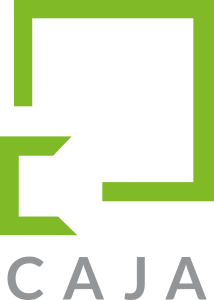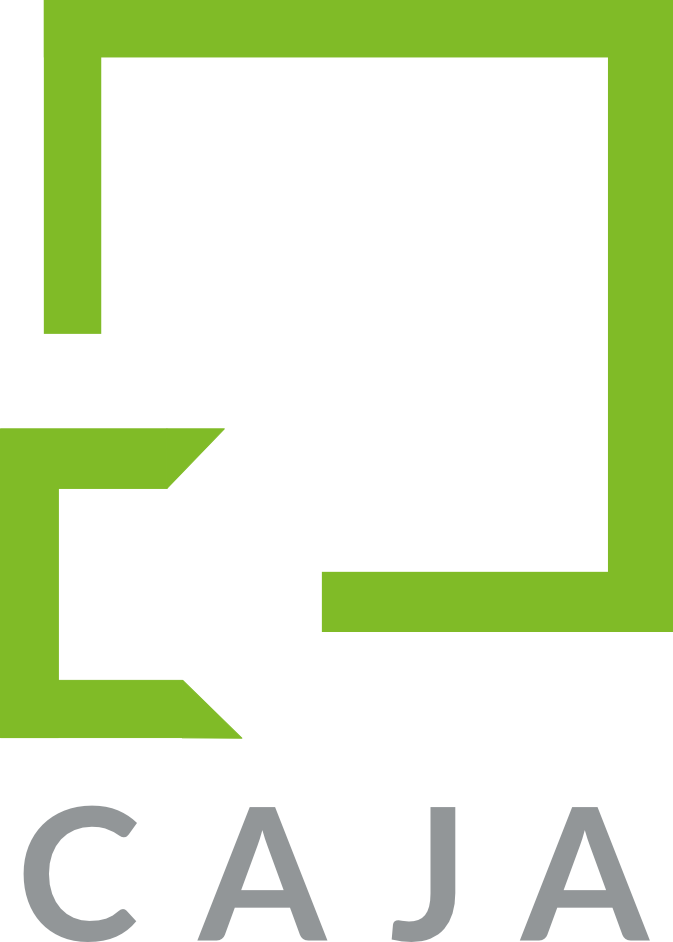Document Management Framework
Challenge
A large and complex global organisation, faced significant inefficiencies in its HR document management practices.
The absence of a unified global HR document management strategy led to fragmented processes, inconsistent document storage, and negatively impacted HR service delivery.
Documents were not consistently stored physically and digitally, much was dependant on local practices, creating confusion and bottlenecks in retrieval processes as well as duplication in storage with the associated additional costs. Due to the inconsistent use of technology and the absence of a comprehensive HR reporting dashboard many of the HR team kept stored in spreadsheets and documents on their personal drives and/or in paper files.
Without standard policies or accountability for managing document creation, storage, or disposal, the client was concerned about the risk of a data breech along with a recognition that they were creating operational inefficiencies due to managers and staff not having easy access to their HR documentation and data.
The lack of standardisation hindered HR’s ability to function as a global enabling service, negatively impacting employee onboarding, compliance with national regulations, and overall organisational efficiency.
Solution
To address these issues, the client commissioned a HR Transformation specialist to conduct a comprehensive review of its HR document management practices. The HR team partnered with Caja and lead the review which was structured into three phases: data gathering, workshops, and framework development.
The framework proposed a global standard for document storage, moving towards a “digital by default” approach. It also introduced role-based access controls to protect sensitive employee information and reduce the risk of data breaches. The framework encouraged a shift from document-centric to data-driven processes, with a focus on reducing the volume of physical documents and streamlining workflows for document creation, storage, and retrieval.
Outcome
The development of the HR Document Management Framework identified the potential to deliver significant improvements to the organisation simply by taking a standardised and more governed approach to document management. By adopting digital storage as the default approach, this would have the capability to reduce reliance on physical document storage, improve accessibility and reduce processing times. The proposed introduction of role-based access controls enhanced data security and compliance with global regulations, such as GDPR, while reducing the risk of data breaches.
The deployment of standardised document management practices across regions would potentially lead to greater operational efficiency, enabling HR teams to focus on value-added services rather than document retrieval and processing. Additionally, the transition to digital storage will reduce the costs associated with physical storage and improved HR service delivery times. The framework also provided a foundation for future improvements in HR analytics and reporting, allowing the client to better leverage its data for decision-making and strategic planning.
Overall, the proposed new HR Document Management Framework positioned the client’s team to operate as a more efficient, compliant, and data-driven organisation, ready to meet the evolving needs of its global workforce.
TESTIMONIAL
I appreciate the teams expertise and willingness to support and improve towards better end result. It has taken us many iterations but all iterations are taking us closer to a shared understanding and better quality end result.



